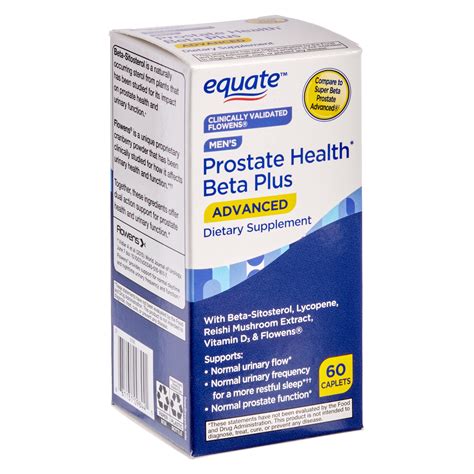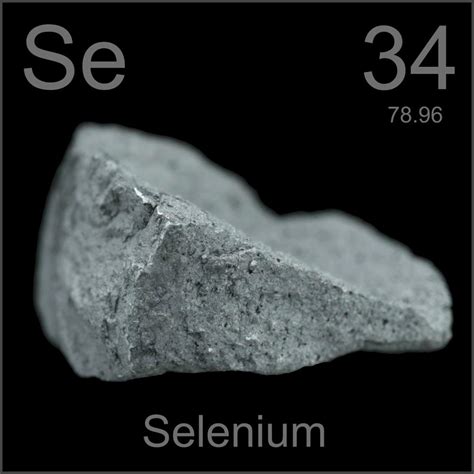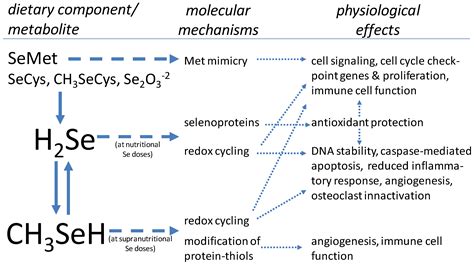Which micronutrient is particularly important for men’s prostate health and often discussed in relation to its role in preventing oxidative stress?

Selenium: A Guardian for Men’s Prostate Health
When discussing micronutrients vital for men’s prostate health, particularly concerning the prevention of oxidative stress, one element consistently emerges: Selenium. This essential trace mineral plays a multifaceted role in the human body, but its contributions to antioxidant defense and cellular protection are especially pertinent to prostate well-being.

The Power of Selenium Against Oxidative Stress
Oxidative stress occurs when there’s an imbalance between the production of free radicals and the body’s ability to counteract their harmful effects through antioxidants. These free radicals can damage cells, DNA, and proteins, contributing to aging and the development of various chronic diseases, including prostate issues. Selenium is a critical component of several selenoproteins, the most notable of which are the glutathione peroxidases (GPx).
Glutathione peroxidases are a family of antioxidant enzymes that help protect cells from oxidative damage by neutralizing harmful reactive oxygen species (ROS). By ensuring adequate levels of functional GPx, selenium effectively bolsters the body’s intrinsic antioxidant defenses, thereby reducing the burden of oxidative stress on prostate cells.

Selenium’s Direct Link to Prostate Well-being
Research into selenium’s role in prostate health has been extensive and, at times, complex. However, numerous studies suggest a beneficial association. Adequate selenium intake has been linked to a reduced risk of certain prostate conditions, and it is believed to contribute to overall prostate tissue integrity. Beyond its direct antioxidant properties, selenium is also involved in immune function, DNA repair, and hormone metabolism, all of which can indirectly influence prostate health.
Some epidemiological studies have observed lower rates of prostate cancer in populations with higher selenium intake or blood levels. While intervention trials have yielded mixed results, largely due to variations in study design, baseline selenium status of participants, and the form of selenium used, the underlying biochemical mechanisms linking selenium to prostate protection through oxidative stress reduction remain compelling.

Ensuring Adequate Selenium Intake
The human body cannot produce selenium, so it must be obtained through diet. The amount of selenium in plant-based foods can vary significantly depending on the selenium content of the soil where they are grown. However, several foods are generally considered good sources:
- Brazil Nuts: Exceptionally rich source, with just one or two nuts often providing the daily recommended intake.
- Seafood: Tuna, salmon, halibut, and shrimp are excellent sources.
- Meats: Beef, turkey, and chicken also provide selenium.
- Eggs: A good source, contributing to daily intake.
- Whole Grains: Whole wheat bread and pasta, brown rice.
- Dairy Products: Milk and yogurt contain modest amounts.

Considerations and Conclusion
While selenium is crucial, it’s important to note that excessive intake can be harmful, leading to a condition called selenosis. Therefore, it’s generally recommended to obtain selenium from dietary sources rather than high-dose supplements, unless advised by a healthcare professional. Maintaining a balanced diet rich in various antioxidants and micronutrients is the cornerstone of overall health, including that of the prostate.
In summary, selenium stands out as a particularly important micronutrient for men’s prostate health, primarily due to its pivotal role in combating oxidative stress through the activation of powerful antioxidant enzymes. While not a standalone solution, ensuring adequate selenium intake is a key component of a comprehensive strategy for maintaining prostate well-being and supporting the body’s natural defenses against cellular damage.









